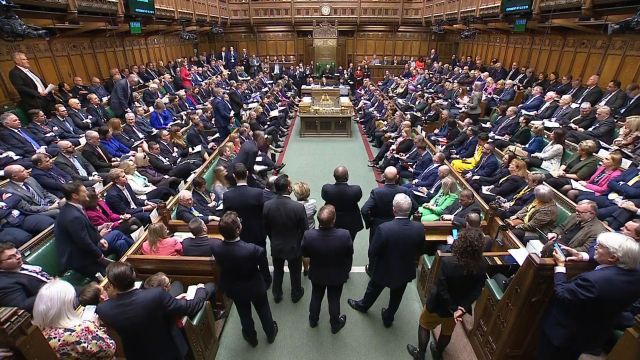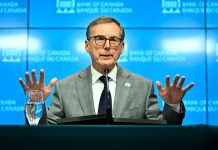
London, Jan 8 (IANS) A record number of female and ethnic minority MPs in Britain are expected to sit in the House of Commons, following the much-anticipated general elections in the next half of this year, according to a report.
Whatever the actual outcome of the election, the number of ethnic minority MPs is most likely to rise from 65 to as many as 83, The Guardian reported, citing a study by think-tank British Future.
The number crossing 75 means a five-fold jump in a decade-and-a-half, with the 2005 to 2010 parliament having just 15 ethnic minority MPs out of 650.
“The next parliament will be the most diverse ever, reflecting a new norm across political parties. More ethnic minorities and more women are likely to sit in the Commons than ever before. Parliament is gradually catching up with the electorate that it represents,” said Sunder Katwala, director of British Future.
“But this needs to accelerate further if it is to keep pace with the growing diversity of our society and close the gender gap,” Katwala added.
The study estimates that in a first, there will be over 250 women in the Commons post the next general election — up from 220 in 2019 — with 153 of them in the Labour party and 72 in the Conservative.
In case of the Labour winning 326 seats, the think tank claims that there will be 254 women MPs — 39 per cent of the total in the Commons.
According to the news report, seven of the 14 constituencies in which Labour MPs have decided to stand down, have selected ethnic minority candidates.
For instance, Indian-origin Jas Athwal, who was selected in Ilford South in a contest with former shadow minister Sam Tarry, will defend a 24,101 majority in the London constituency.
Likewise, Baggy Shanker in Derby South, Satvir Kaur in Southampton Test and Harpreet Uppal in Huddersfield are in with a good chance of winning.
However, Katwal said that while having the strongest overall record on ethnic minority representation in the Commons, the Labour is selecting those candidates this time at a much lower rate of 12 per cent, compared to the 20 per cent proportion now in the parliamentary Labour party.
On a recent visit to Mansfield in central England, Prime Minister Rishi Sunak said that according to his ‘working assumption’, the UK will have a general election in the second half of this year.
According to some political experts, the Conservative party that has been in power since 2010, and has had five leaders and prime ministers in 14 years, is expected to lose the election to the main opposition.
The last general election, held in December 2019, was won by Boris Johnson on a pledge to get Brexit done.




